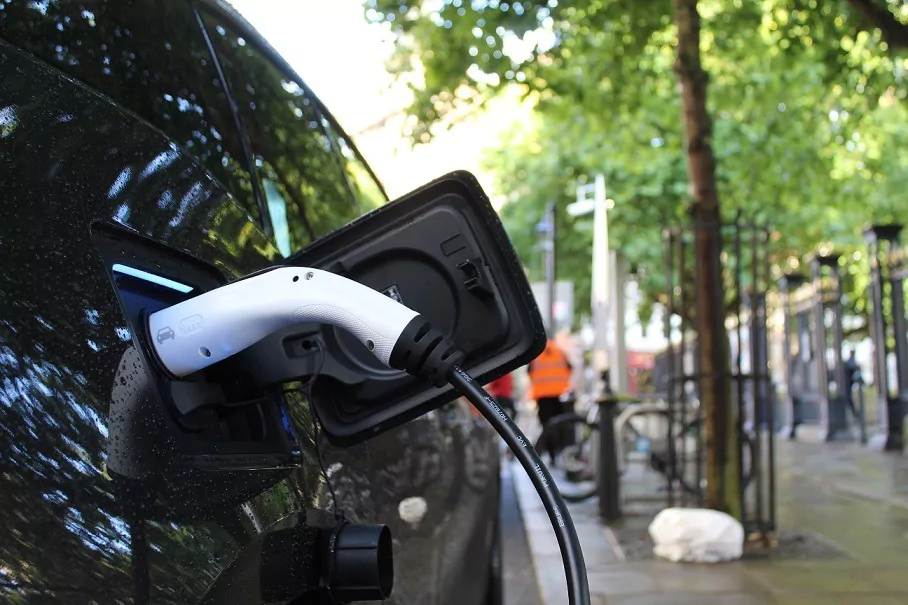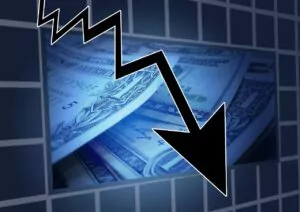With electric car sales on the rise and regulations increasingly favoring zero-emissions vehicles, the global automotive industry has entered a higher gear of electric car production as it competes to move beyond the era of fossil fuel cars.
Urmărește mai jos producțiile video ale Economedia:
- articolul continuă mai jos -
As part of its own €30bn electrification plan, Stellantis – born earlier this year from the merger of PSA and Fiat Chrysler – announced that it has reached a preliminary agreement with battery maker LG Energy Solution to produce batteries and modules for North America, where the world’s No 4 carmaker expects more than 20% of its US sales to be electric vehicles (EVs) by 2030.
It follows a recent announcement that Daimler AG will own a 33% stake in battery maker Automotive Cells Company (ACC), founded in 2020 by Stellantis and TotalEnergies in 2020.
Automakers are struggling to secure battery supplies as they switch to electricity, with dozens of new battery plants planned in Europe and America.
Ford Motor’s plans to go electric in Europe got a boost after the company said it would invest up to £230m to rebuild an engine plant in northern England where it will produce electric car units instead of combustion-engine drives.
In addition, the No. 2 US carmaker said its range of cars in Europe will be fully electric by 2030.
Companies such as Mercedes-Benz maker Daimler have warned that the switch to electric will cost jobs at combustion engine plants, so Ford’s announcement is a boost for workers producing fossil-fuel engines at its Halewood plant near Liverpool.
The switch to electric has also been accompanied by changes in the automotive landscape, now populated by large numbers of start-ups hoping to become the next Tesla.
This has caught the attention of Foxconn, which has plans to diversify from its original role of building consumer electronics for Apple and other tech firms.
Indeed, Foxconn on Monday unveiled its first three EV prototypes – an SUV, a sedan, and a bus – made by Foxtron, a partnership between Foxconn and Taiwanese automaker Yulon Motor.
The need for speed in the electric transformation was also a reason Volkswagen AG asked Tesla CEO Elon Musk to address top executives at the German automaker over the weekend, and Volkswagen CEO Herbert Diess made no secret of his ambitions to overtake Tesla, the world’s largest electric vehicle maker.
But in a Linkedin post, Diess said he invited Musk as a “surprise guest” to drive home the point that VW needs faster decisions and less bureaucracy for what he called the biggest transformation in the company’s history. That’s after he touted cycling as a solution to short- and medium-distance commuting.
Edited for English

 Sursa: Unsplash.com
Sursa: Unsplash.com





























